Italy / Aegean islands – Cos year 1916, 20C/ Perf: 14/Wm postage stamp
The Aegean Islands, including the island of Kos (Cos), have a complex history of sovereignty and control, particularly during the late 19th and early 20th centuries. Here’s an overview:
- Ottoman Rule: Historically, the Aegean Islands, including Kos, were part of the Ottoman Empire. The Ottomans controlled the region for centuries until the late 19th century.
- Italian Occupation (1912-1943): During the Italo-Turkish War of 1911-1912, Italy seized several territories from the Ottoman Empire, including the Dodecanese Islands in the Aegean Sea. Kos, along with other islands like Rhodes and Leros, came under Italian control.
- Italian Administration: Under Italian rule, the Aegean Islands, including Kos, were administered as part of the Italian Dodecanese, with the administrative center located in Rhodes. The Italians invested in infrastructure, modernization, and cultural projects on the islands.
- Postal System: As part of their administration, the Italians established their postal system in the Dodecanese, including the island of Kos. Italian postage stamps were used for mail services, reflecting the Italian presence in the region.
- World War II and German Occupation: During World War II, Italy’s control over the Aegean Islands came to an end when Italy surrendered to the Allies in 1943. The German military subsequently occupied the Dodecanese Islands, including Kos.
- Return to Greece: After World War II, the Aegean Islands, including Kos, were placed under British military administration. In 1947, the islands were formally ceded to Greece by the Treaty of Peace with Italy, and they have since been part of Greece.
During the period of Italian rule (1912-1943), including the occupation of Kos, Italian postage stamps would have been used for mail services in the region. These stamps would bear the insignia of the Kingdom of Italy and may have been overprinted with regional markings or denominations specific to the Dodecanese Islands.
Overall, the history of Kos and the Aegean Islands reflects the broader geopolitical changes in the Eastern Mediterranean during the late Ottoman and early modern periods, including periods of foreign occupation and eventual integration into Greece.

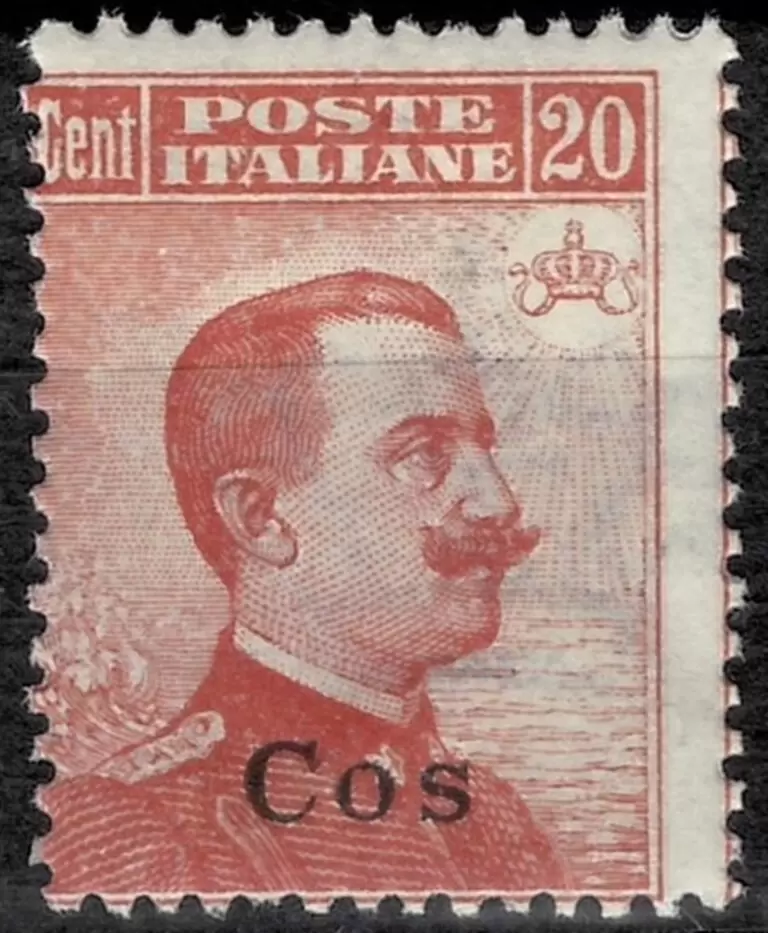
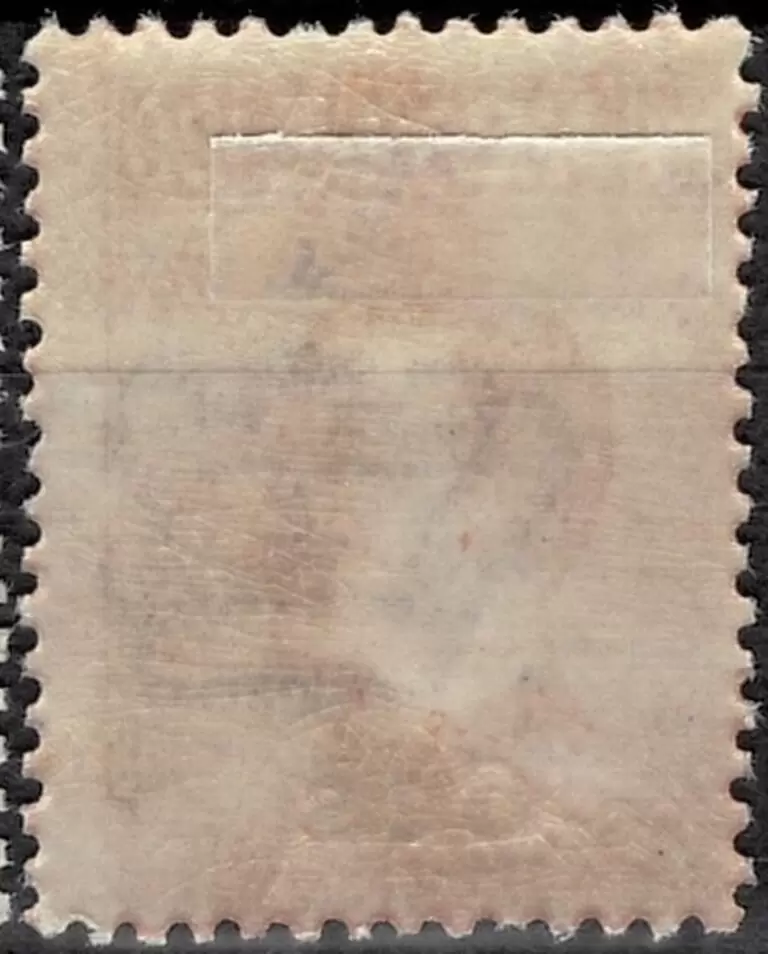
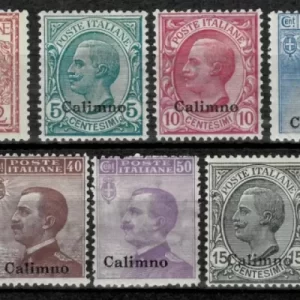
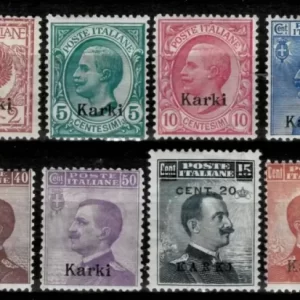
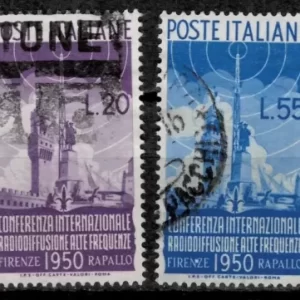
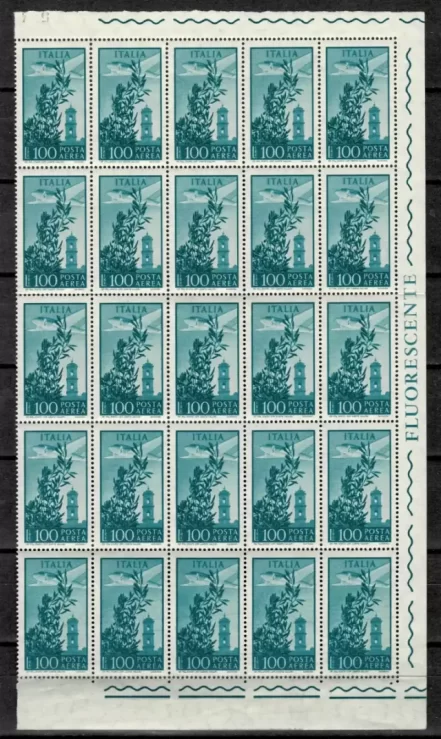
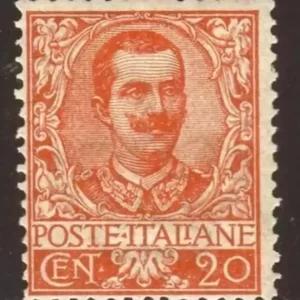
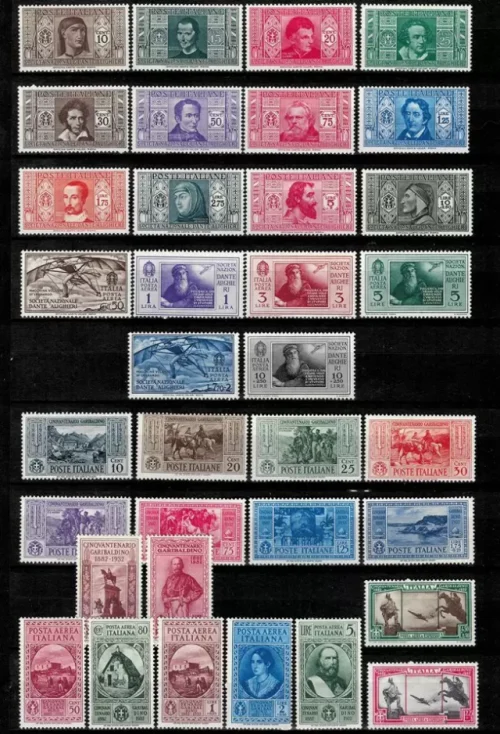



Reviews
There are no reviews yet.